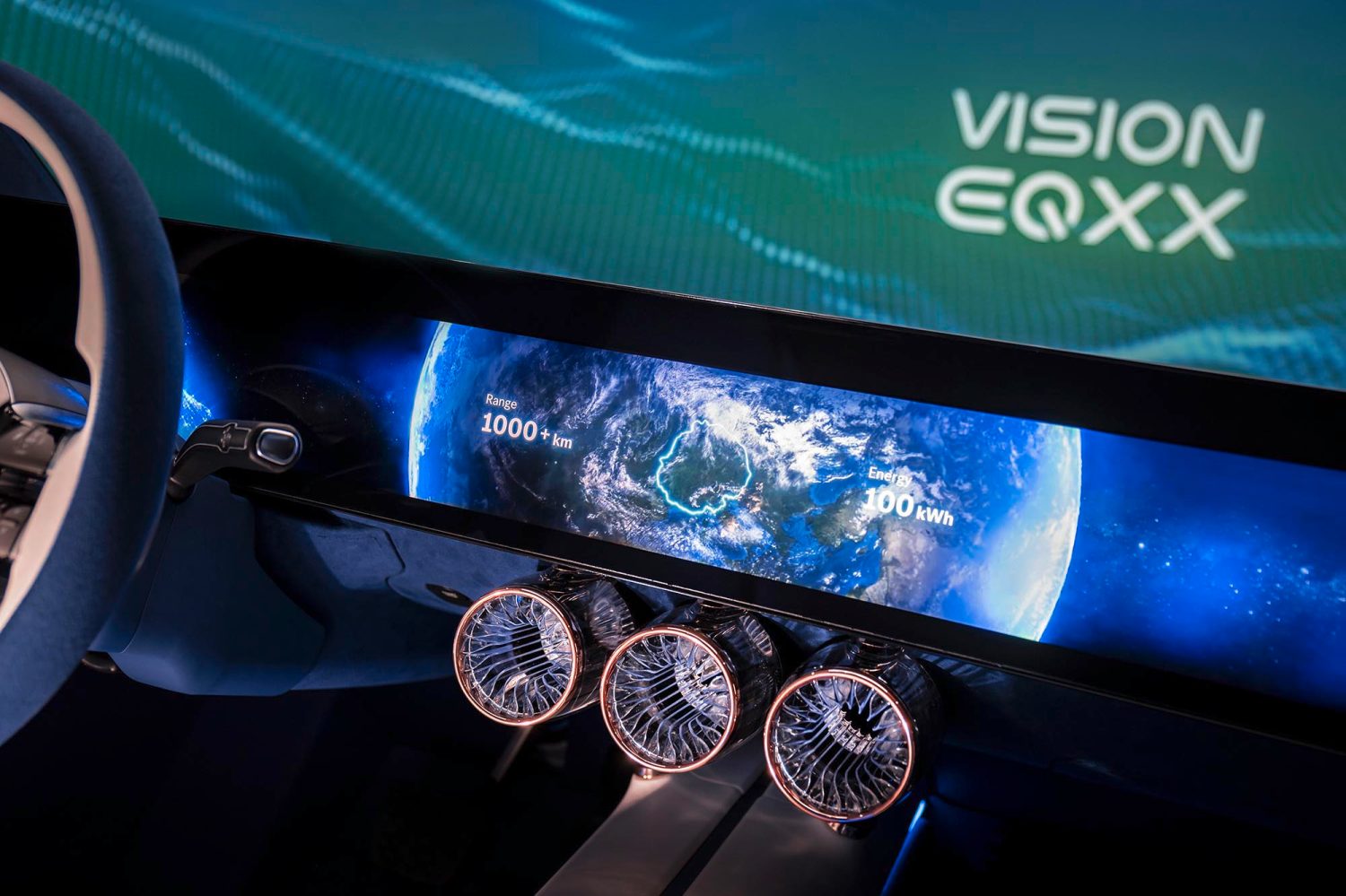
Huawei, a major smartphone OEM, telecom supplier, and (formerly) silicon designer, is engaging German carmakers Mercedes and Audi over a potential stake in its vehicle software business. Huawei currently supplies vehicle software to several Chinese domestic OEMs, including Seres Group, Changan Automobile, and Arcfox, as well its own joint ventures, Luxeed (co-owned by Chery) and Avatr (co-owned by CATL).
According to the report from Automotive News Europe, Huawei is enticing Mercedes and Audi to buy small stakes in its automotive technology group — likely laying the foundation for partnerships on software (i.e., for Audi and Mercedes to use Huawei’s in-vehicle OS and possibly its artificial intelligence suite). This comes on the heels of rumors that Huawei is trying to sell off its automotive business unit entirely, likely as part of efforts to distance the division from Huawei itself, which remains the target of crippling US sanctions.
Apparently, Mercedes has all but turned down Huawei, saying it has no interest in the venture and wishes to continue developing its own vehicle software in-house. The report is much less certain about Audi’s response, but as part of the larger VW Group, Audi is heavily invested in the work coming out of Cariad, Volkswagen’s own software division. However, given Cariad’s recent struggles — which possibly led to Porsche’s decision to adopt Android Automotive — perhaps Audi is interested in exploring alternatives.
That same report says Audi and Huawei could partner on autonomous driving technology… for vehicles in the Chinese market produced as part of Audi’s venture with FAW Group.
Electrek’s Take
As someone who covered Huawei extensively in my career as a tech journalist, I’m very familiar with its struggles in the international market. After brutal US sanctions were enacted, Huawei’s presence globally vanished almost overnight. While it sold off its Honor smartphone unit (though Huawei phones remain on sale in China), Huawei still has its hands in many, many businesses — automotive is just one on a long list.
Now, whether Huawei’s in-vehicle software is actually good is another question entirely. My suspicion is not that Huawei anticipates western car manufacturers wanting to adopt that software in the cars they sell in their home markets, but for the cars they sell and co-manufacture in China. The Chinese market has rather different expectations and standards when it comes to what constitutes “good” software; take a look at any Chinese smartphone running domestic apps and services and you’ll feel utterly bombarded by information and garish design elements. Couple that with the overhead of providing proper localization for all the content and interfaces in a car, and it’s not hard to see why working with a third-party software supplier for China-specific vehicles could be a defensible business position.
However, vehicle OEMs feel a deep sense of ownership over all elements of their products, even the ones they aren’t directly responsible for creating. This has been a real sticking point in getting manufacturers to adopt Android Automotive and the next generation of CarPlay, both of which tend to have applications that look and feel like their respective parent mobile operating systems (and also prominently feature their services). While Android Automotive is available as an open source platform that is fully de-Googled, I personally believe there remains intense stigma in the OEM space about using a Google software product in a vehicle. Whether that stigma is deserved is harder to say, because I don’t believe Google’s strong-arming of smartphone manufacturers over Android’s look, feel, and function would be at all replicable in the automotive space.
My guess on this whole story is that Huawei simply wants the attention in media because it believes any press is good press at this point. The company’s car software being mentioned in the same breath as brands like Audi and Mercedes supports its high valuation in the private marketplace and potentially gets it in the door for conversations with other brands. But if Mercedes’ response is any indicator, I still have serious doubts Huawei will convince anyone outside China to play ball, let alone that it can escape the US-inflicted taint on its brand.
FTC: We use income earning auto affiliate links. More.

Comments